US considering banning investments in Alibaba, Tencent by Americans
The administration of outgoing US President Donald Trump is contemplating adding Alibaba Group Holding Ltd. and Tencent Holdings Ltd. to a blacklist of companies allegedly owned or controlled by the Chinese military, sources say.
The plan, which would restrict Americans from buying shares of the tech giants, could inflame the already worsening tensions between Washington and Beijing before President-elect Joe Biden takes office.
The designations are overseen by US Defense Department officials who have not yet finalized the plan and who are also discussing adding other Chinese firms, the sources, who spoke on condition of anonymity, told Reuters.
If added, Alibaba and Tencent would be affected by an executive order Trump signed in November, which will take effect in November, 2021.
On Thursday, shares in Alibaba and Tencent dropped. Alibaba fell more than 5% and Tencent dropped as much as 4.4% in Hong Kong trading.
Meanwhile, some investors expressed doubt that the two companies would come under long-term US ownership restrictions.
“These are private companies that are widely owned, predominantly by US and global investors,” said Brendan Ahern, Chief Investment Officer of Krane Funds Advisors.
Steven Leung, executive director at Uob Kay Hian (Hong Kong) Ltd. also said, “If the bans are implemented then it’d be a huge thing for the market.”
Leung, however, added, “It’s still too early to say. After the Biden administration starts, the policy could change again.”
The new move is part of a raft of tough measures against Chinese firms Trump has been taking in his waning days in the White House.
On Tuesday, the Republican president barred transactions with eight Chinese apps which he claims undermine America’s national security.
Citing the measures taken by India to ban over 200 Chinese connected software applications, Trump signed an executive order banning transactions with Alipay, CamScanner, QQ Wallet, SHAREit, Tencent QQ, VMate, WeChat Pay, and WPS Office.
Also in August, he signed executive orders to block some US transactions with WeChat and the Chinese-owned video app TikTok. US courts, however, blocked the restrictions mainly on freedom of speech grounds.
In December, his administration added China’s main chipmaker SMIC and national offshore oil and gas producer CNOOC to a blacklist of alleged Chinese military companies.
US officials defend fatal shooting as video contradicts government statement
VIDEO | UK Activists plan new flotilla to break Gaza siege
Israeli minister blasts Trump’s ‘Board of Peace’ plan, calls for Gaza occupation
Iran Judiciary says detained rioters not denied medical services
Discover Iran: From red earth and blue seas to green forests – natural wonders of Hormozgan
German economists urge withdrawal of gold reserves from US
Iran files lawsuit in intl. forums against US, Israel over riots
State of emergency across US as monster storm hits 200 million Americans




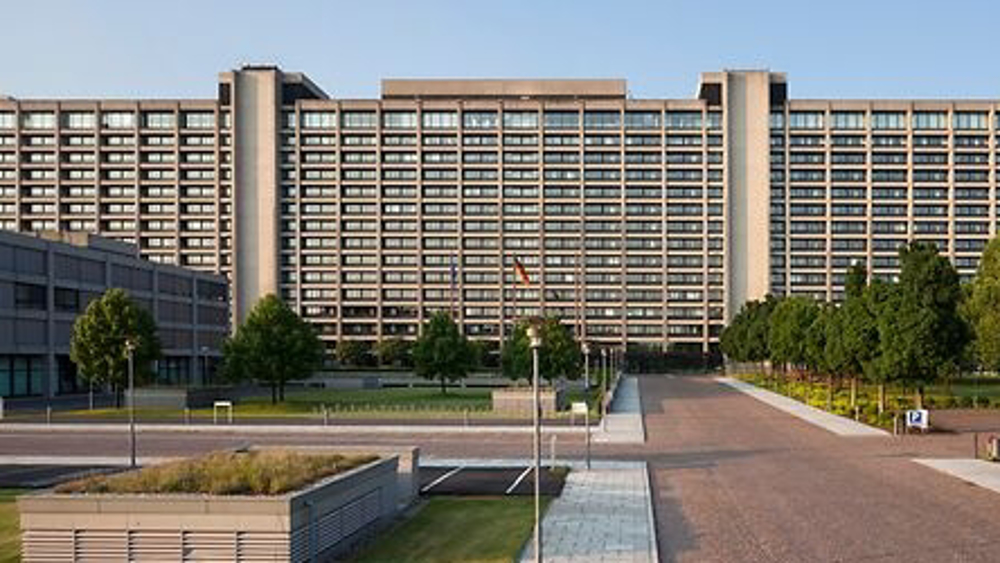
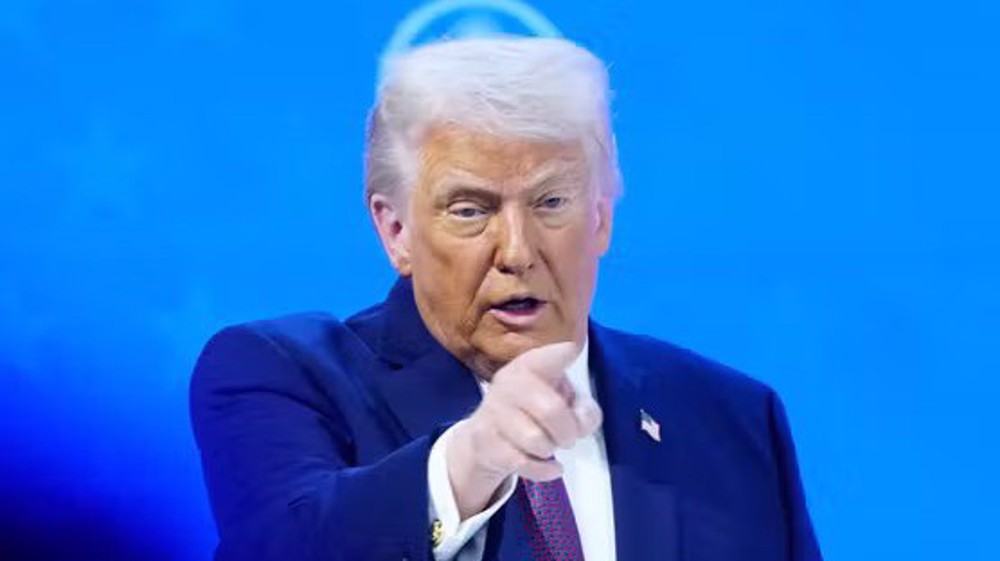
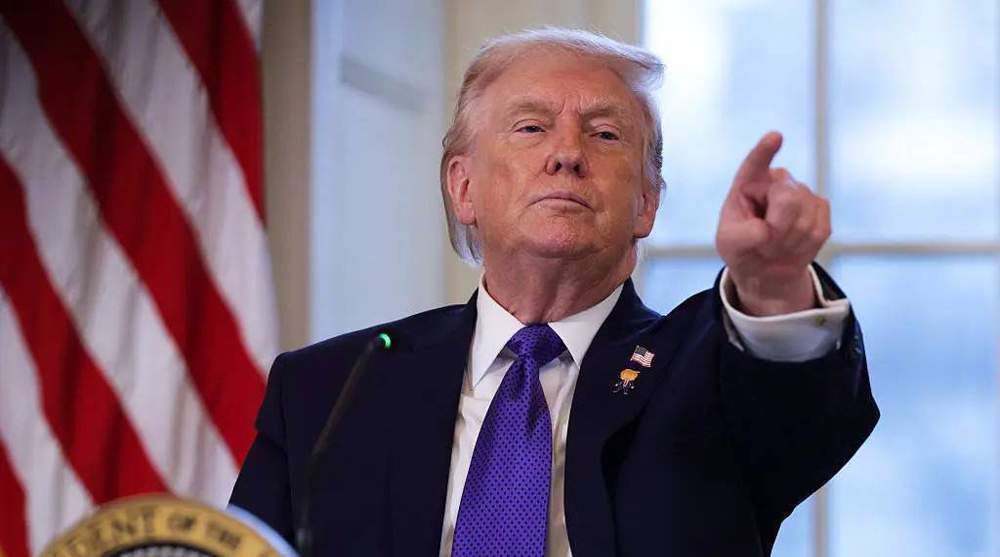




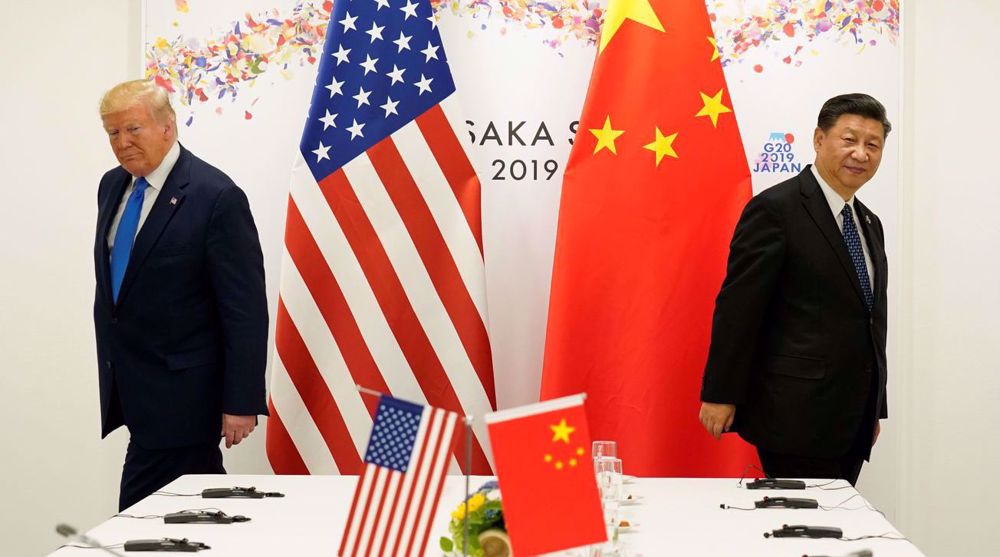
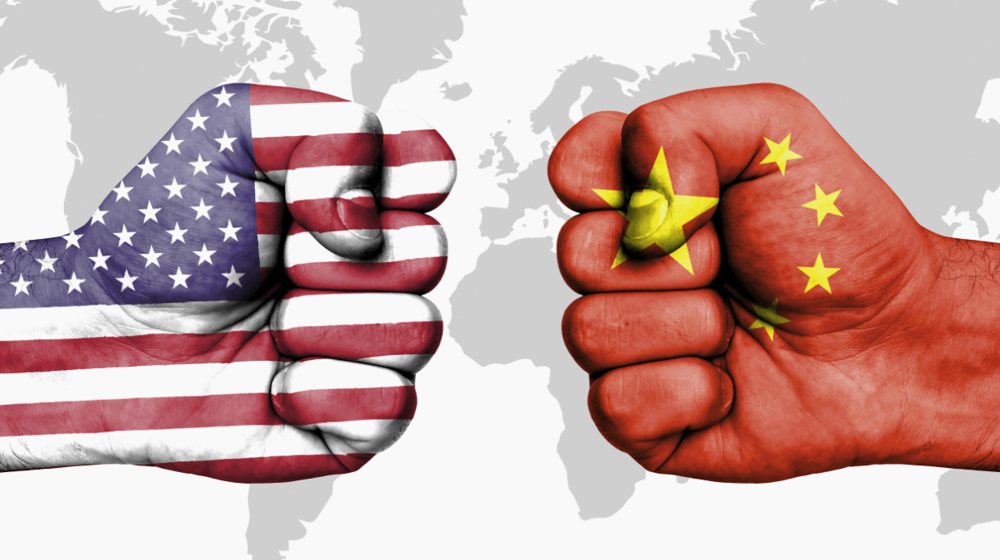
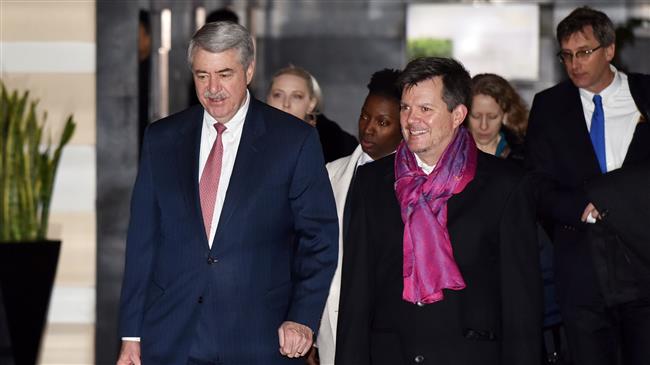

 This makes it easy to access the Press TV website
This makes it easy to access the Press TV website